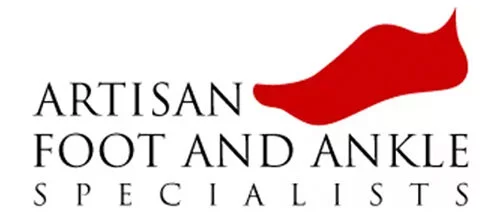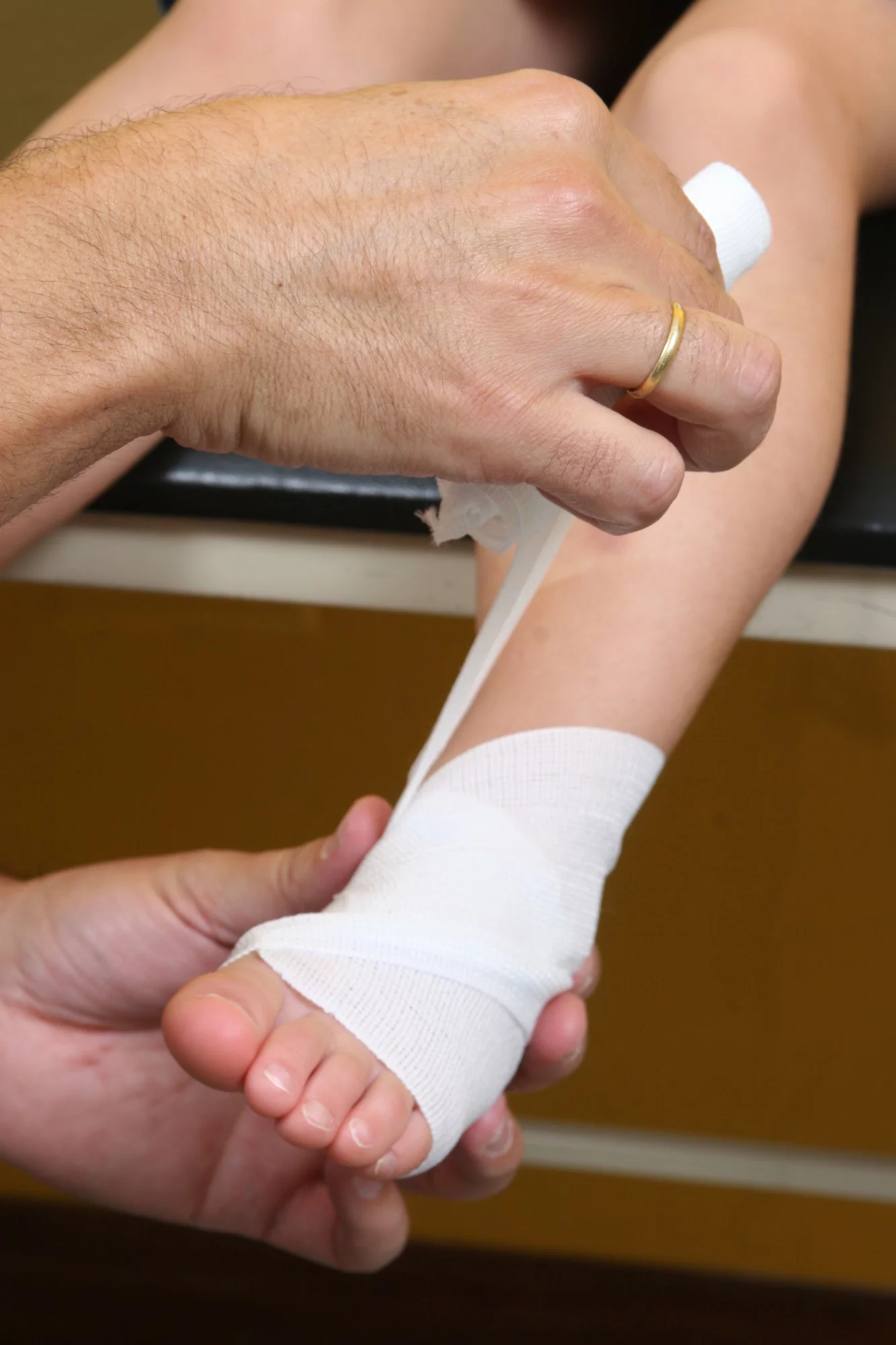Lower Extremity Wound Care Center at Artisan Foot and Ankle
No matter what your lower extremity wound is, our Wound Care Specialists can help in a proper and timely manner. We have offices across Orange County in Newport Beach, Laguna Hills, Mission Viejo, and San Clemente, CA (and Placentia coming soon!). Don’t wait for your wound to worsen – contact us today!
Artisan Foot and Ankle Specialists proudly offers lower extremity wound care to our patients!
We Specialize in Lower Extremity Wound Care
- Diabetic ulcerations
- Neuropathic ulcerations
- Venous insufficiency ulcerations
- Pressure ulcerations
- Arterial/ischemic ulcerations
- Traumatically induced ulcerations
- Post-surgical/biopsy wounds
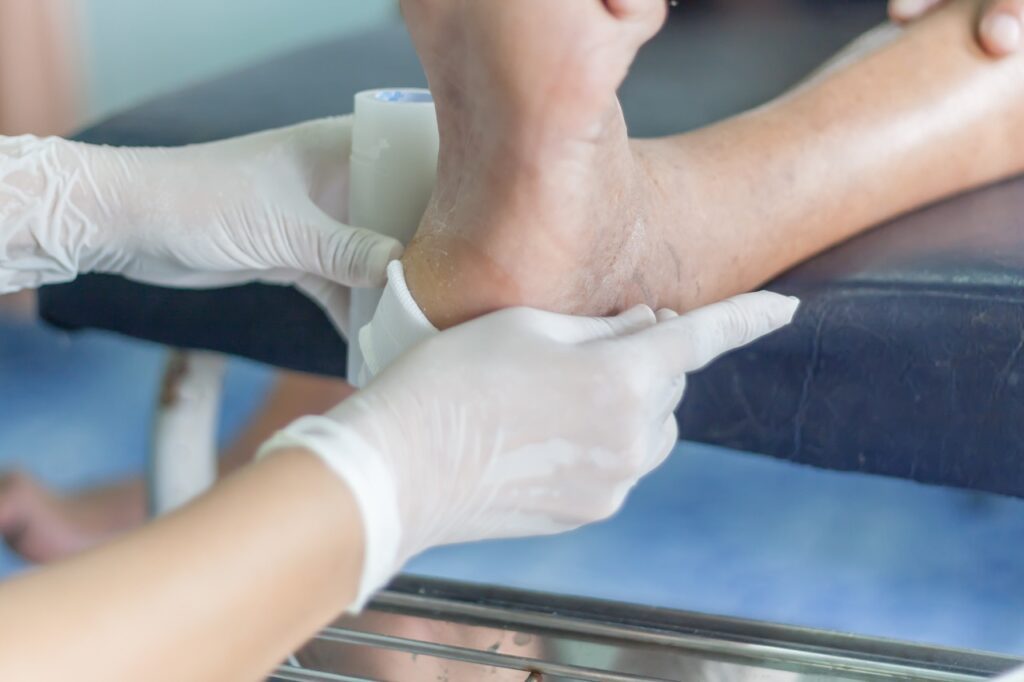

Facts about Diabetic Wound Care
- Approximately 15 percent of diabetics will develop a foot ulcer during their lifetime, which can evolve to be limb- and life-threatening if left untreated.
- About half of those with diabetic foot ulcers will be hospitalized due to an infection or ulcer-related complication.
- Diabetics should wear socks if their feet are cold. Anything with direct heat – such as heating pads, electric blankets, hot water bottles, or even hot baths – should be avoided. With the loss of sensation in the feet, anything with direct heat can lead to burns.
- A diabetic ulcer that doesn’t heal causes severe damage to the tissue and bone.
- If a wound is not discovered and treated quickly, the patient’s risk for lower extremity limb loss – also known as below-the-knee amputation – greatly increases.
I really enjoy and take pride in treating wounds. I previously received a special certification as a wound care specialist and received extensive training in all aspects of wound care. I also continuously keep up to date with the latest and greatest advances by attending workshops and seminars.
Dr. Kyle Hehe, Artisan Foot and Ankle Specialists
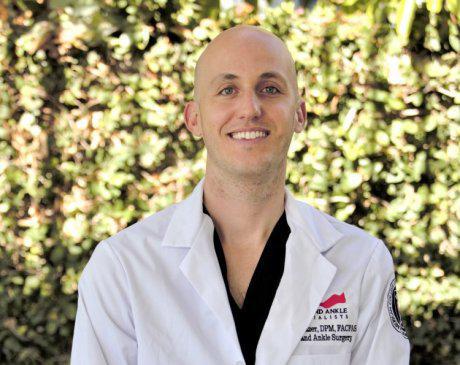

FAQs
Before and After Surgery
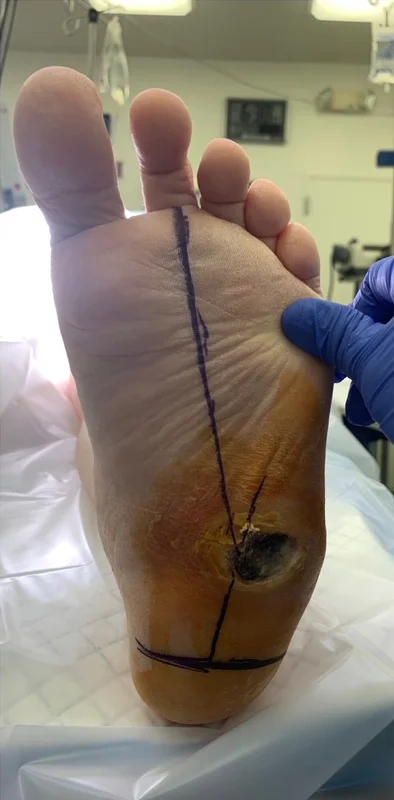
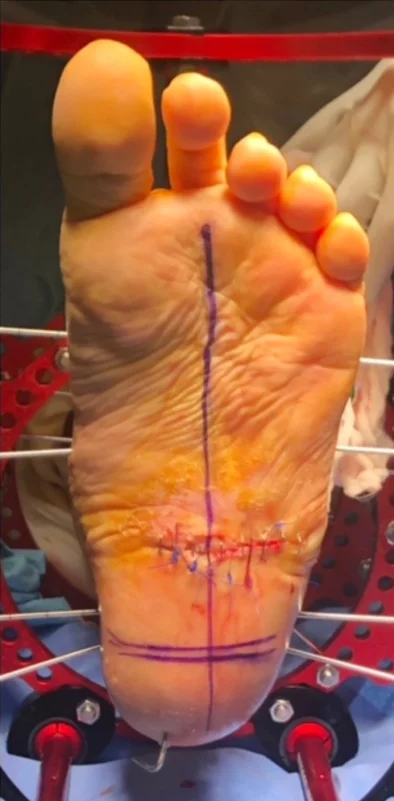
Left Foot Wound, Surgical Correction by Devon Glazer, DPM
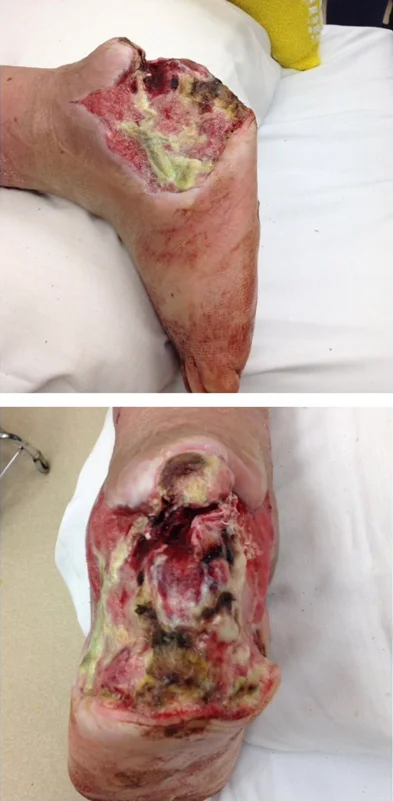
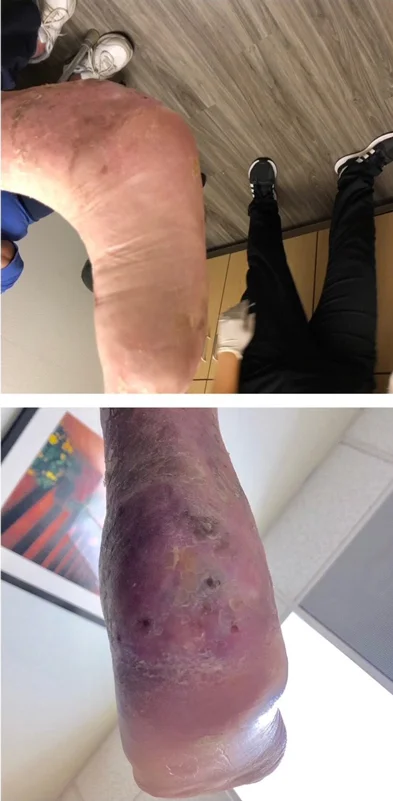
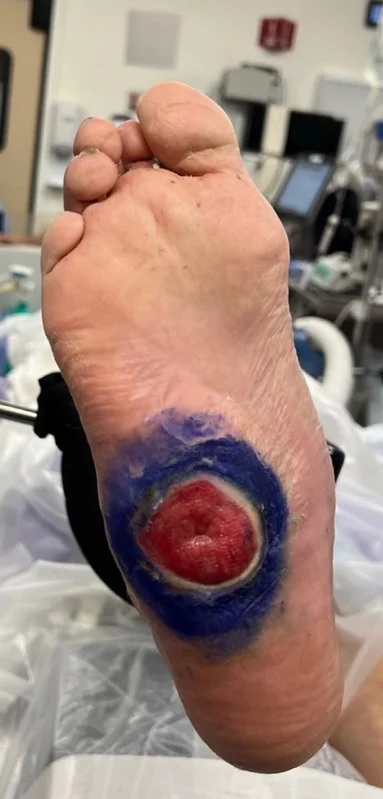
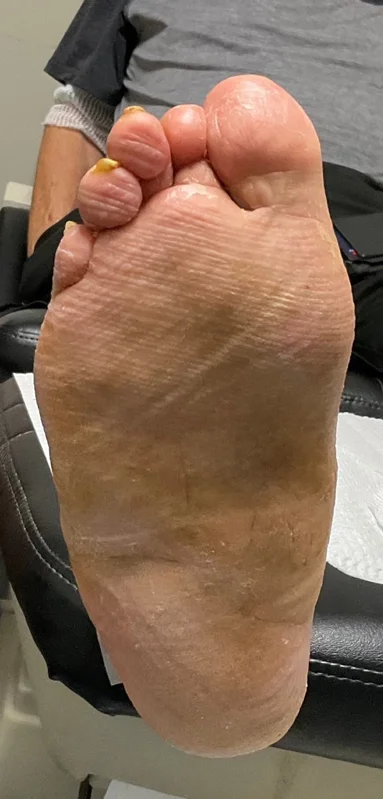
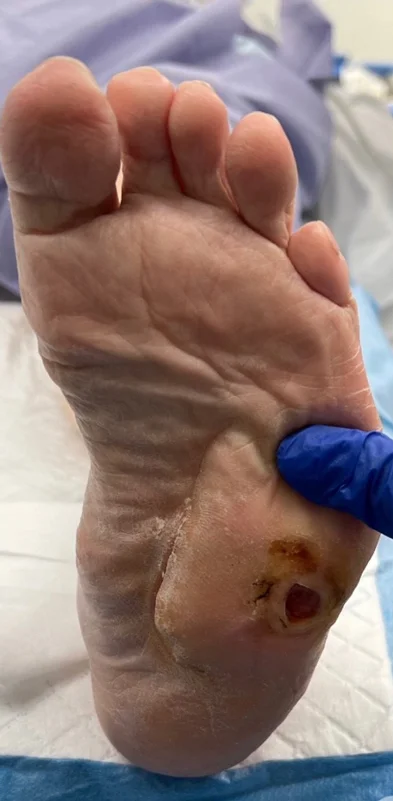
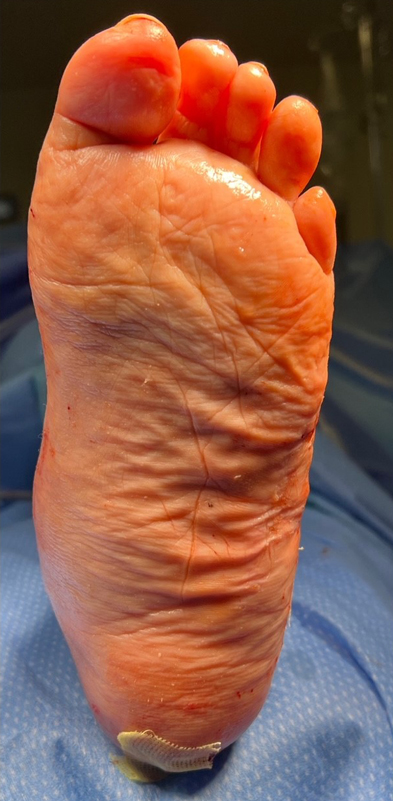
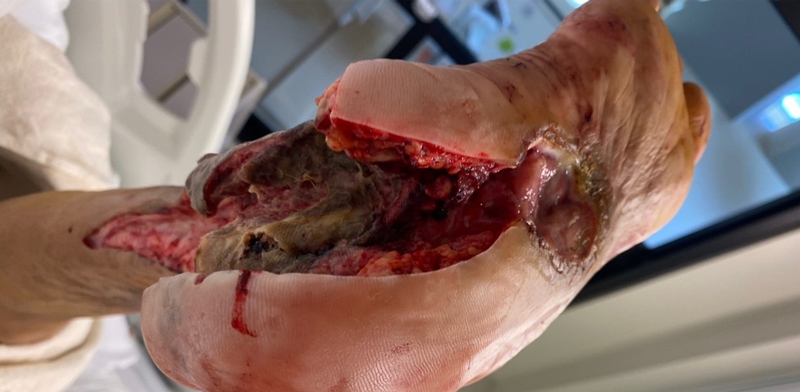
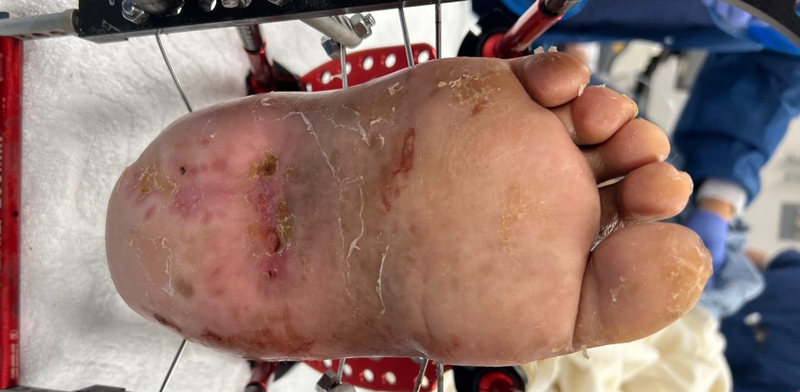
Right Foot – Limb Salvage Completed by Devon Glazer, DPM and Kyle Hehe, DPM
Why Choose Artisan Foot and Ankle Specialists
for
Lower Extremity Wound Care Treatment?
Our board-certified podiatrists are on staff at hospitals within both the Providence and Memorial Care systems and are routinely consulted for wound care and limb salvage at these institutions. We are diligent experts in our field, and we know that a timely treatment plan is essential – especially for diabetics.
Our approach to wound care begins with a thorough medical history review and physical exam to determine the type of ulceration. Depending on the severity and type of wound, we may also recommend microbiological studies, ultrasounds, X-rays, MRIs, or bone biopsies. These help us determine if there is an infection as well as your circulatory status. Once we have diagnosed the wound and its severity, we will determine an individualized treatment plan for you.
We’ve helped others – we can help you!
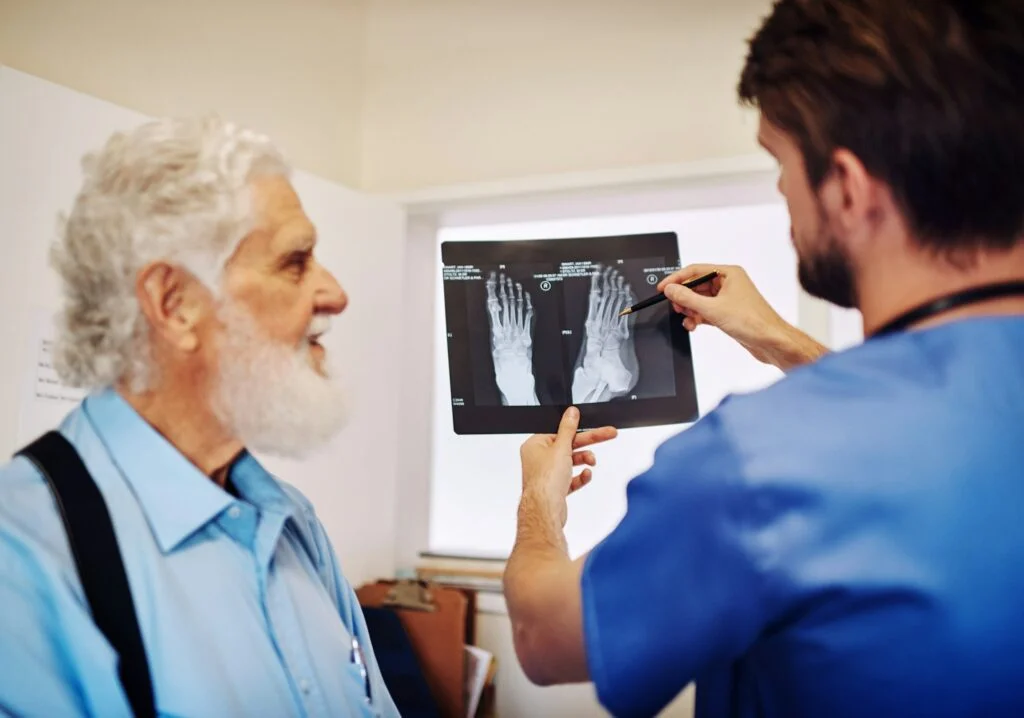
Our Approach to Treating Wounds
There are different treatment methods depending on the type of wound. Our board-certified podiatrists across Orange County have the expertise and experience to treat all lower extremity wounds. Routine check-ups with us are always going to be in your best interest.
Whether you have an ulcer or a diabetic wound, all treatments include removing any damaged or dead tissue. This process is called debridement, and you may need weekly or biweekly sessions to keep the wound clean. Once healed, we may fit you for a brace or orthotics to keep the wound site offloaded.
We also offer advanced treatments as well, such as:
- Bioengineered graft material
- Compression dressings to reduce edema
- Ultrasound no touch debridement*
- Corrective orthotics and braces to reduce pressure on the wound
- Red light therapy
- Surgery, if all else fails
*Ultrasound no touch debridement promotes healing by controlling inflammation, reducing bacteria in the wound bed, and encouraging angiogenesis. This technology increases perfusion through vasodilation, ultimately increasing oxygen and nutrients to the wound tissue.
Treating Diabetic Wounds
As diabetics often suffer from a loss of blood flow and lose sensation in their feet, they can develop sores on their feet without knowing it. This can lead to infection, gangrene, and even amputation. It is imperative to treat diabetic wounds as soon as possible to prevent the wound from spreading and infecting the area around it.
When you visit one of our board-certified podiatrists, they will clean the wound with water and remove any dead or damaged tissue. Antibiotic ointment may be applied depending on the severity of the wound. Your wound will then be dressed to keep the affected area clean and to prevent infection. We will also work with you on the basics of controlling your blood sugar and evaluate the blood flow in your feet.
In some instances, we may recommend durable medical equipment (DME), such as a knee scooter, crutches, or a wheelchair to reduce pressure to the wound site. This step can be helpful in preventing amputation.
Treating Ulcers
Ulcers are openings in the skin that often develop from the outside in, which can let in bacteria and lead to infection. Once an ulcer has broken through the skin, infections of the muscle or bone or blood poisoning are possible. It is vital that you contact a board-certified podiatrist if you have any indication of an ulcer. The sooner we diagnose your ulcer, the sooner we can begin implementing an effective treatment plan.
When you visit us, we will review the blood flow in your lower extremities. Good blood flow ensures that oxygen and healing enzymes are regrowing tissue and skin. We will also clean your wounds to remove any dead or damaged tissue, allowing healthy tissue to grow. A topical medication and dressings will be applied to help prevent infection. If your ulcer is severe, we will discuss the option of skin grafting.
Be Proactive with your Wound – Call Us Today!
Time is precious with a lower extremity wound. If caught early, we can treat most ulcers or wounds without the need for surgery or amputation.
Take proactive measures with your feet to avoid wounds:
- Check your feet daily for any injuries,
- Thoroughly wash and dry your feet each day,
- Wear proper footwear,
- Trim your toenails straight across or have a podiatrist do it.
Call us at (949) 272-0007 to make an appointment today!
Our Wound Care Experts

Devon N. Glazer, DPM, FACFAS, FABFAS

Bahar Golshahi, DPM

Kyle Hehe, DPM

Sam Meyers, DPM
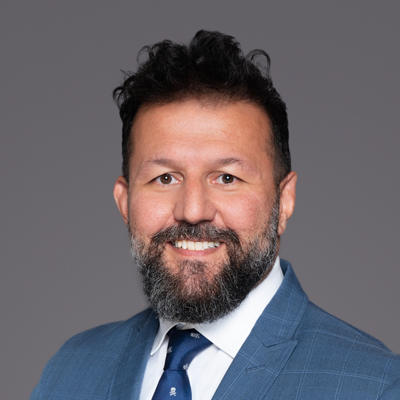
Sam Nosrati, DPM

Monte Schmalhaus, DPM, AACFAS
Find a Location Offering Wound Care
Artisan Foot and Ankle Specialists - Laguna Hills, CA
23141 Moulton Parkway, Suite 109, Laguna Hills, CA 92653
Artisan Foot and Ankle Specialists - Mission Viejo, CA
26691 Plaza Estival, Suite 201, Mission Viejo, CA 92691
Artisan Foot and Ankle Specialists - Newport Beach, CA
366 San Miguel Dr., Ste. 210, Newport Beach, CA 92660
Artisan Foot and Ankle Specialists - Placentia, CA
319 E. Palm Drive, Ste B, Placentia, CA 92870
Artisan Foot and Ankle Specialists - San Clemente, CA
655 Camino De Los Mares, Suite 120, San Clemente, California 92673
